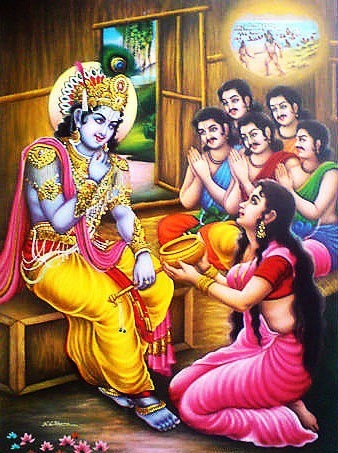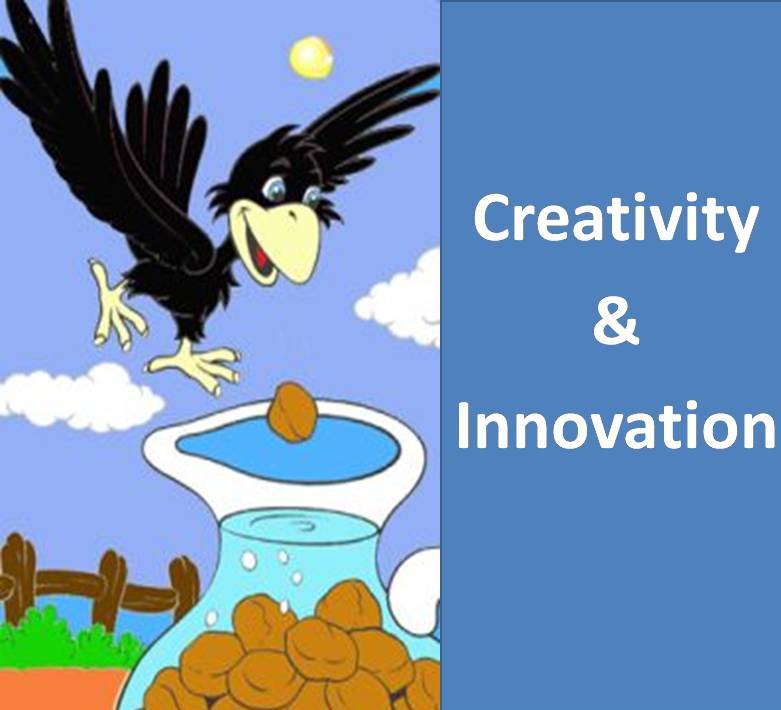Are you Listening? A lot is been said, discussed, trained, argued on listening skills. Be it a debate on television, a healthy discussion with friends, a critical board room meeting or anything – listening holds importance everywhere. If you are listening, you are alert and you are into the game. If you aren’t – you are surely missing something! While thinking about this phenomena, this practice, this significant trait, I was thinking about the 3 princes who left a great message for all of us about Active Listening. Once there was a king who had three sons. As the king was aging, he decided that he should handover his throne to his sons. He consulted to his wisest ministers and reached a conclusion that as he doesn’t have a big empire so he can’t divide his empire in three parts and give it to his sons. So he decided that he will hold competition which will assess the Princes on various parameters like intelligence, diplomacy, strategy etc. After some more consultations with his ministers he announced the competition and invited all his countrymen to witness the occasion. The competition began. The princes were given very difficult tasks to perform and they finished those tasks very efficiently. Then there was a competition to check their knowledge on topics like diplomacy, war, strategy, economics, politics etc. They all answered the most difficult questions with ease and at the end of the competition their scores tied. This was a big problem for the king as he was at the crossroads again. He announced to extend the competition for one more day and returned to his palace. He called his ministers again and discussed the days’ outcome. One of his ministers suggested something and the king agreed to him. Next day the competition begun and everyone was expecting something very tough to happen. The King gestured and there came three statues made up of Gold, Silver & Bronze. Then he asked all three prince to examine and pick the best statue. First came the Eldest, he examined the three statues and came back to his seat. Then came the middle one, he examined the statues and returned to his seat. Lastly it was turn of the youngest prince. He examined the statues carefully and after spending some time he too returned to his seat and sat. Now king called the eldest prince and asked his opinion. The eldest prince answered that the Gold statue is the best as it’s made of gold which the most precious metal and signifies prosperity. Hence the statue made up of Gold is the best. Unsatisfied with the answer of the eldest prince, the king called the younger one and asked his opinion, he answered that the Silver Statue is the best as nature of silver is cold so it would help control anger and a Kings greatest asset is to control his emotions and take a rational decision. So statue made up of silver is the best. King liked the answer but was not fully satisfied and called the youngest prince for his judgment. The youngest prince answered the bronze statue is the best statue. The King asked the reason behind adjudging the bronze statue as the best. To explain his choice, the prince asked a servant to bring a long bamboo stick. The servant brought the bamboo stick and gave it to him. Then the prince picked the Gold statue and put the bamboo stick in its ear. To everyone’s surprise the bamboo came out of the other ear. Then he picked the silver statue and inserted the bamboo stick in its ear and it came out of the mouth. After that he inserted the stick in the other ear and it came out of the mouth again. now he picked the third statue and inserted the stick in the ear of the same. Everyone was expecting that the stick will come out through other ear or mouth. But it didn’t. The Prince inserted the remaining stick in the ear but there was no sign of the stick. He placed it at its position. And picked the gold statue and then explained, Gold is the most precious metal but still the statue made up of gold didn’t make the best statue as this statue represent people who comes at a great cost to the nation but doesn’t listen to their king. If there king will say anything to them they will listen from one ear and throw it out from the other ear. Such people are of no use and should be removed from their positions. Then he picked the silver statue and explained, there are people whom you’ll consider as closest to you. If you ever share your secrets with them they will listen with both the ears and will go out and spread your secrets everywhere they go. Such people are enemies of the country hence should be dealt very strictly. Then he picked the last statue and explained why he adjudged it as the best. One should be like bronze statue and should listen to everything not only with his ears but also with his eyes and heart. Whatever is being said to him, he should be able to absorb it and utilize it for everyone. The king was so happy with the answer that he announced him the winner of the competition and handed over the throne to him. This is an old story which tells us the importance of active listening. But like most of my listeners, you must be wondering – why this story for listening? How is this relevant – isn’t this about the decision making and analysis. When I got further into the understanding, I realized ‘No’ there is a message for listening skills. Imagine the similar situations in the work atmosphere, link the statue traits to the people we work with, we meet in everyday life. There are people who listen and ignore because they are firm… Continue reading Are you Listening?
Are you Listening?






